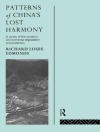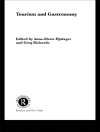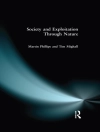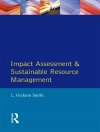This edited volume is a lively and timely appraisal of “ordinary cities” as they struggle to implement creative redevelopment and economic growth strategies to enhance their global competitiveness. The book is concerned with new and often unanticipated inequalities that have emerged from this new city movement. As chronicled, such cities – Cleveland (USA), Heidelberg (Germany), Oxford (UK), Groningen (Netherlands), Montpellier (France), but also cities from the Global South such as Cachoeira (Brazil) and Delhi (India) – now experience new and unexpected realities of poverty, segregation, neglect of the poor, racial and ethnic strife. To date planners, academics, and policy analysts have paid little attention to the connections between this drive in these cities to be more creative and the inequalities that have followed. This book, keenly making these connections, highlights the limited visions that have been applied in this planning drive to make these cities more creative and ultimately more globally competitive.
Inhoudsopgave
Introduction: Inequalities in the Creative City: a New Perspective on an Old Phenomenon .- The cultural economy of the city. Entrees to theory and understanding inequality .- Urban inequality: approaches and narrative .- The ideal worker: inclusion and exclusion in a knowledge-based city – the case of Oxford, UK .- Making creative cities in the global West: The new polarization and ghettoization in Cleveland, USA and Glasgow, IK .- “Knowledge makes cities” – unequal? The significance of education and knowledge in “going creative” in Heidelberg, Germany .- Inequality and smart growth “Creative urbanism” in the French South: Constructing the (unequal) creative city in Montpellier.- Inequality in a “knowledge pearl” city Entering a knowledge pearl in times of creative cities policy and strategy. The case of Groningen, Netherlands.- Creative inequality in the mid-sized university city. Socio-spatial reflections on the Brazilian rural-urban interface: The case of Cachoeira .- Regulating access and mobility of single women in a “world class”-city: gender and inequality in Delhi, India .- Conclusion.
Over de auteur
Ulrike Gerhard is Professor of Human Geography of North America at the Institute of Geography and the Heidelberg Center for American Studies (HCA) at Heidelberg University, Germany.
Michael Hoelscher is Professor at the University of Speyer, Germany, and obtained his Ph D in sociology from Freie Universität Berlin, Germany.
David Wilson is Professor of Geography, Urban Planning, and the Unit for Criticism and Interpretive Theory at the University of Illinois at Urbana-Champaign, USA.












